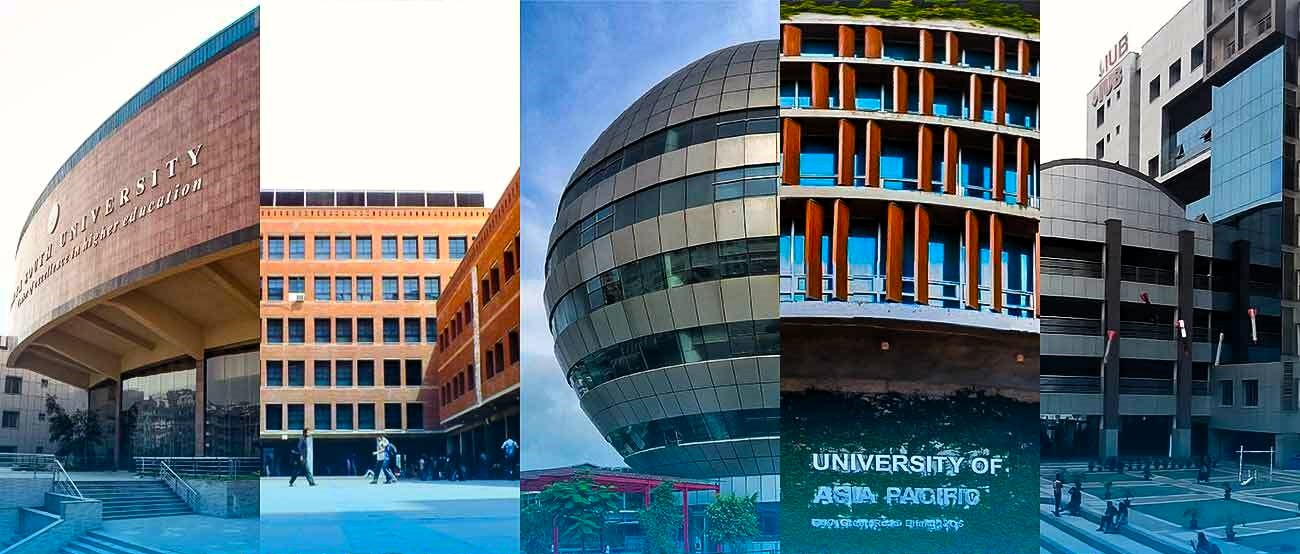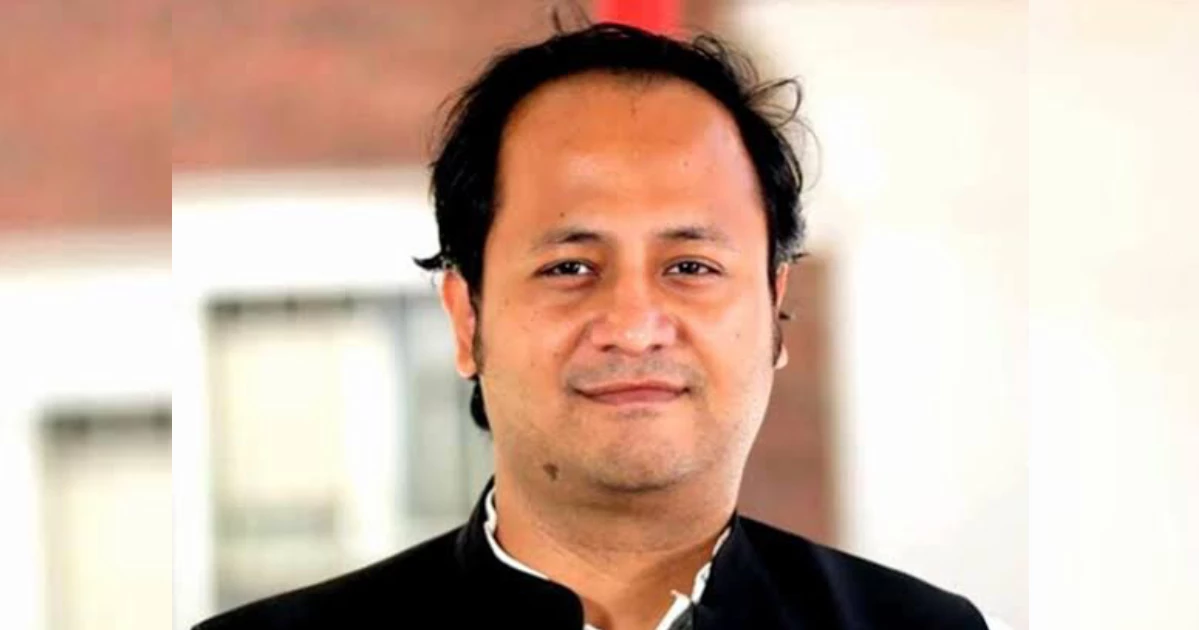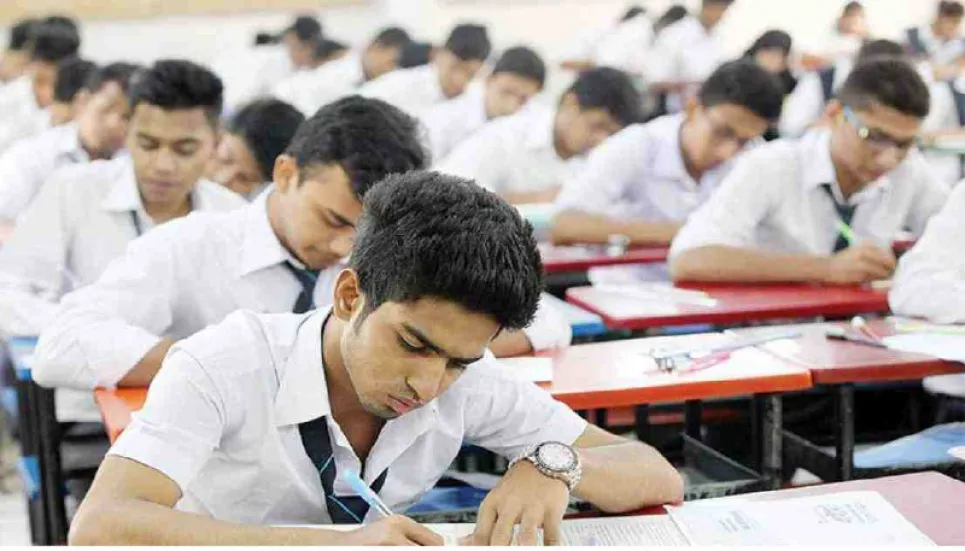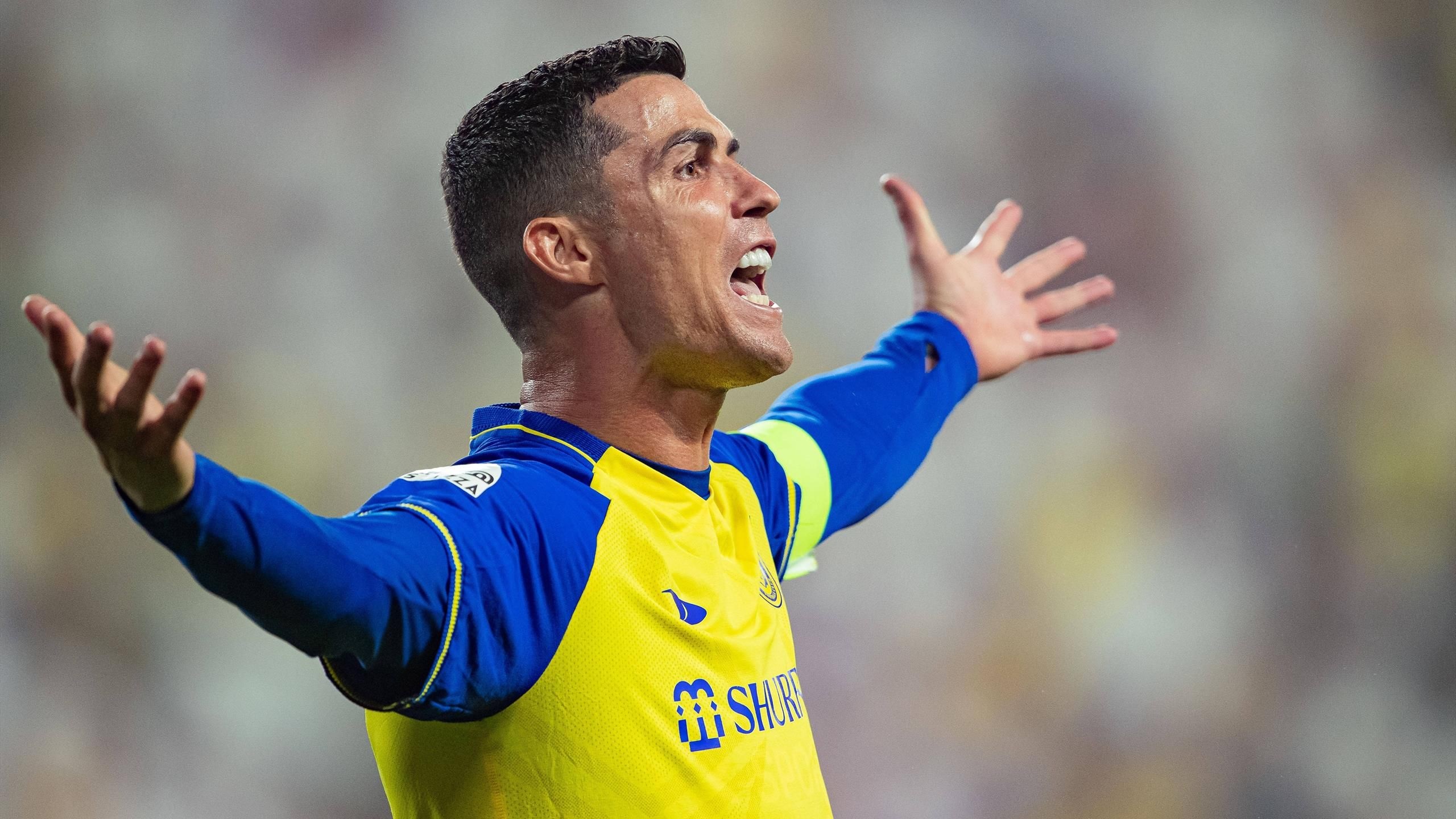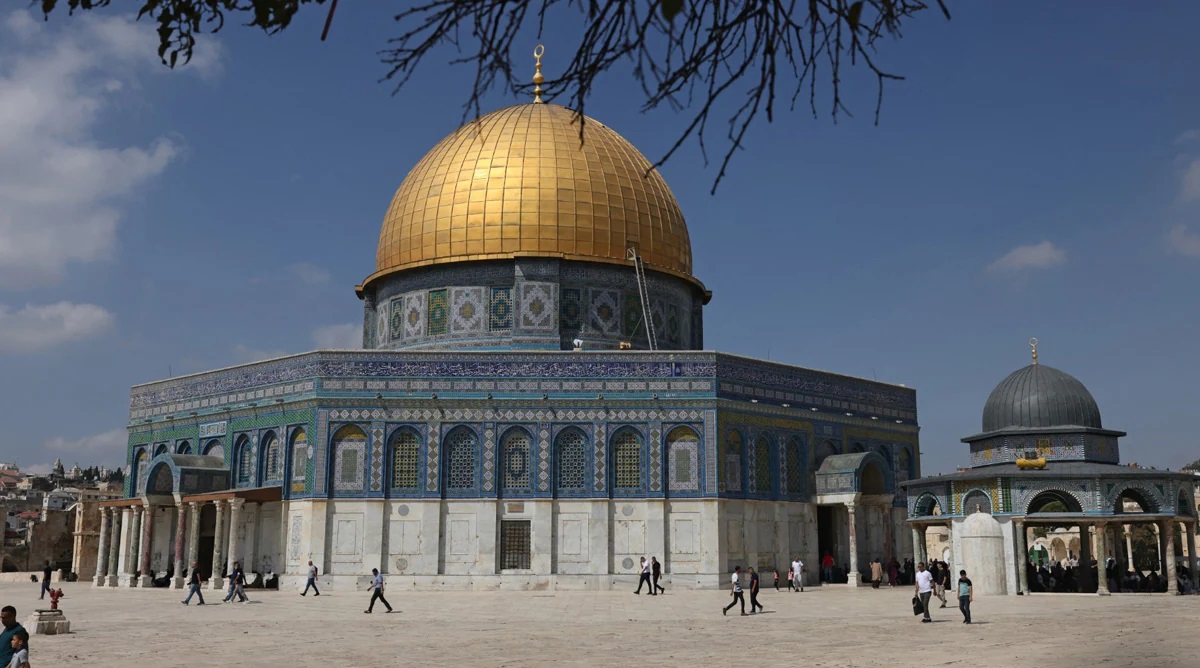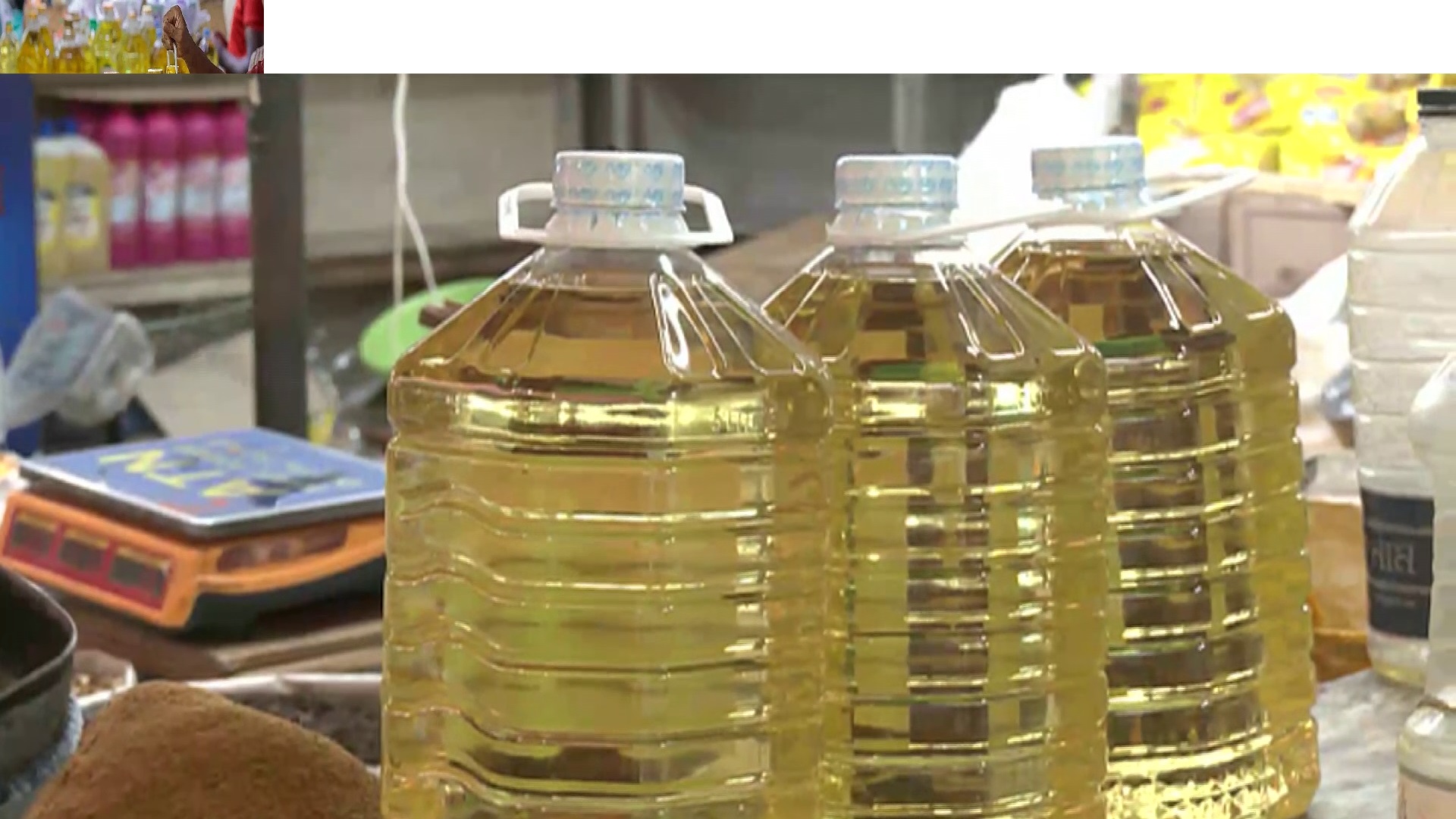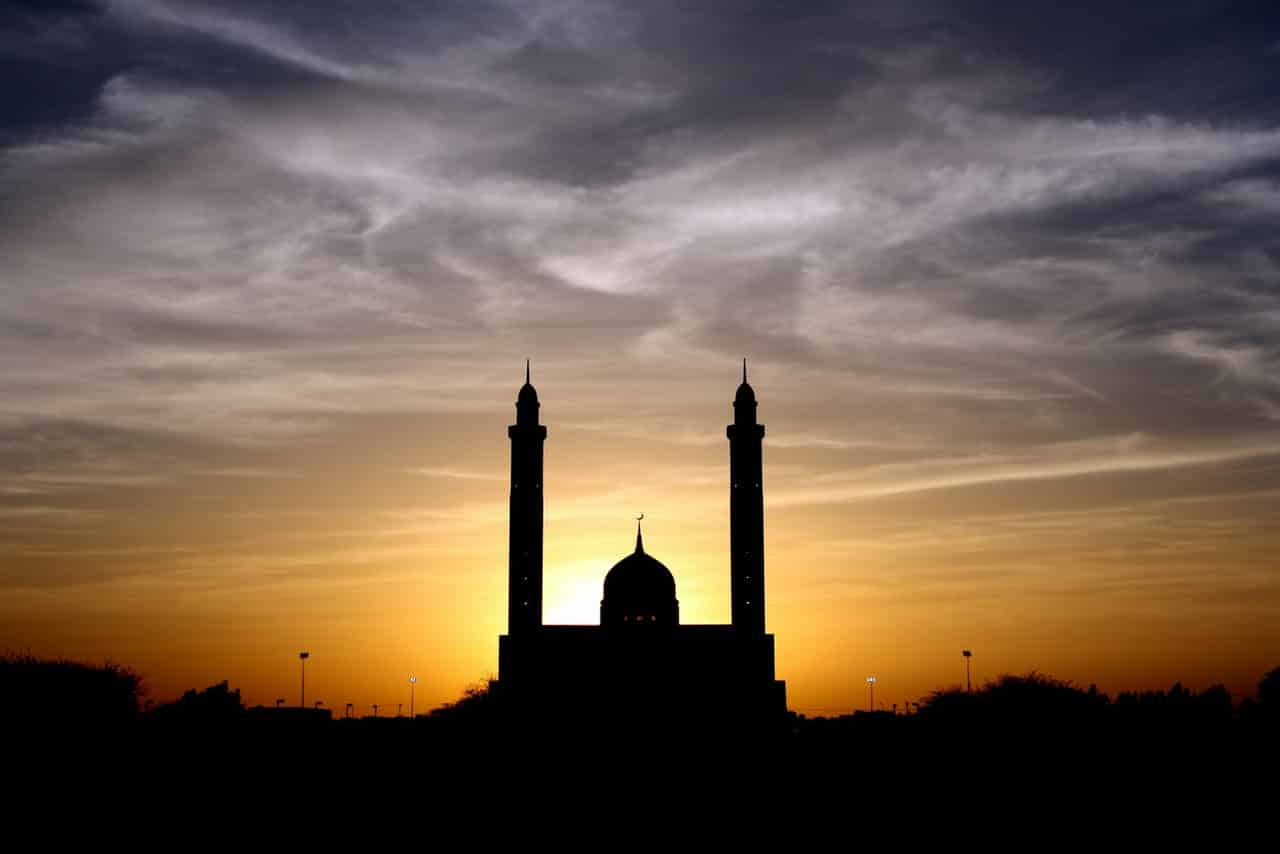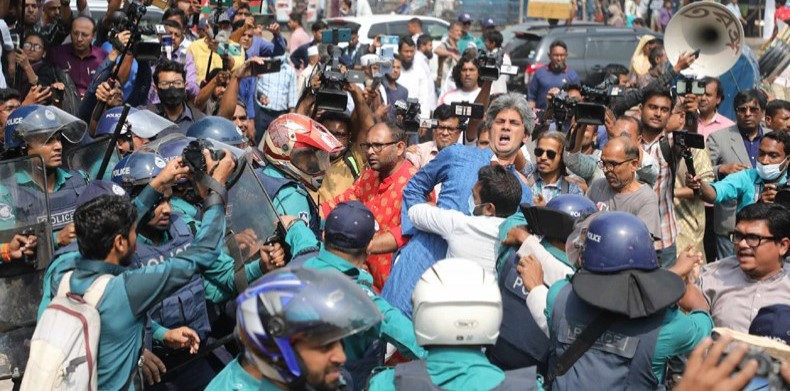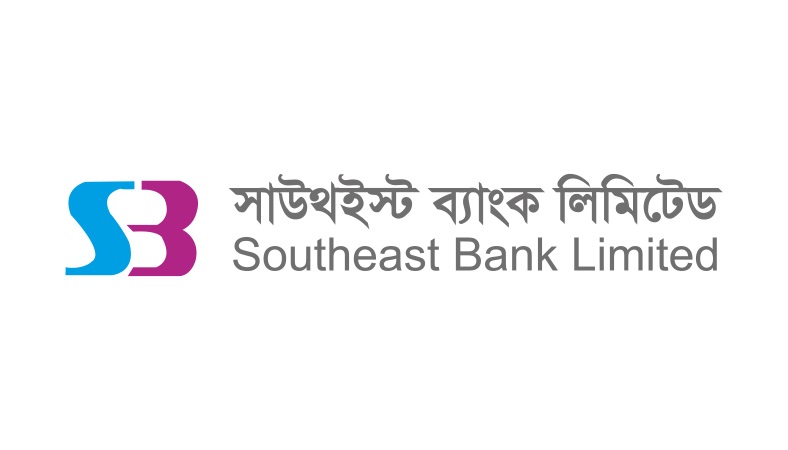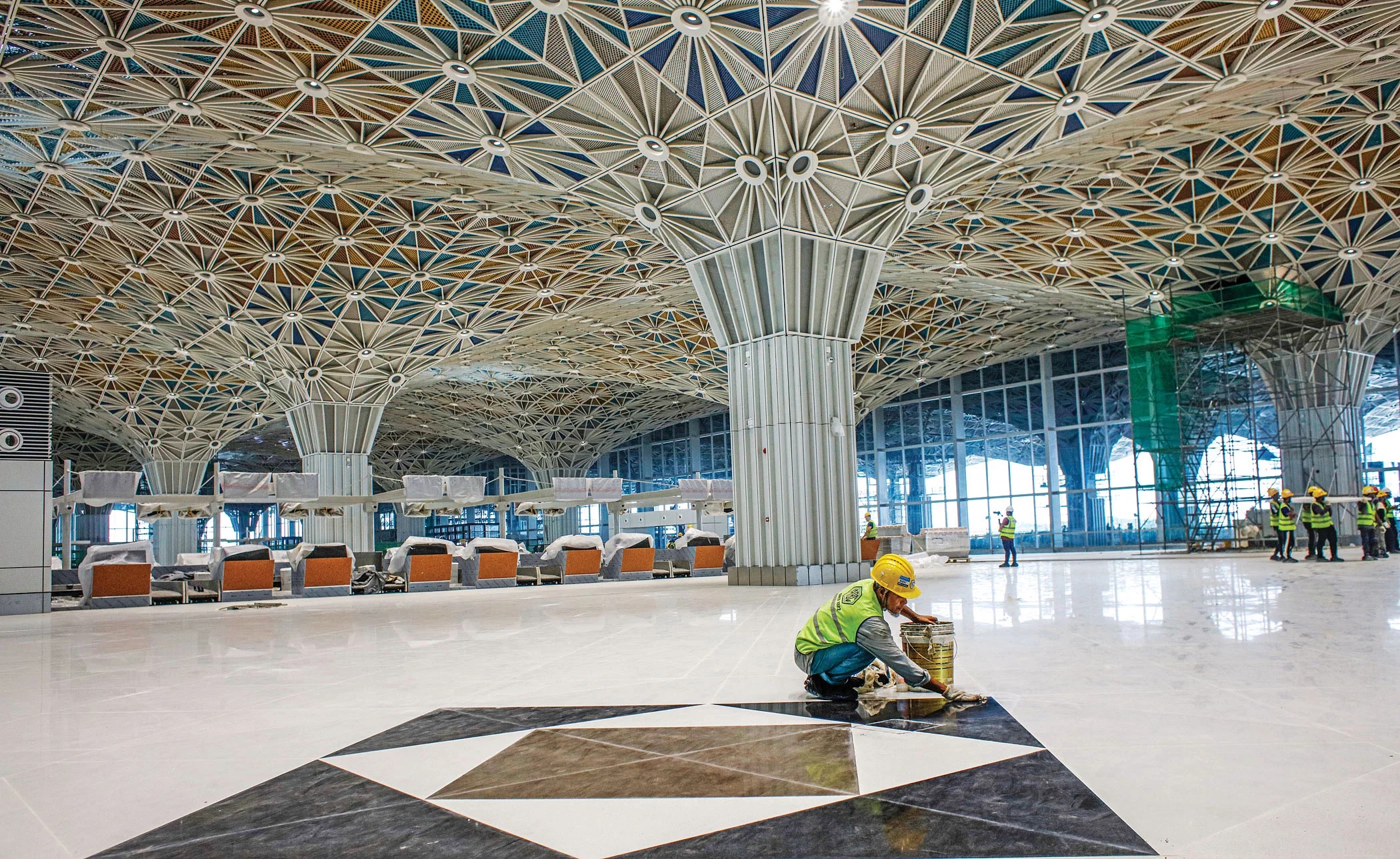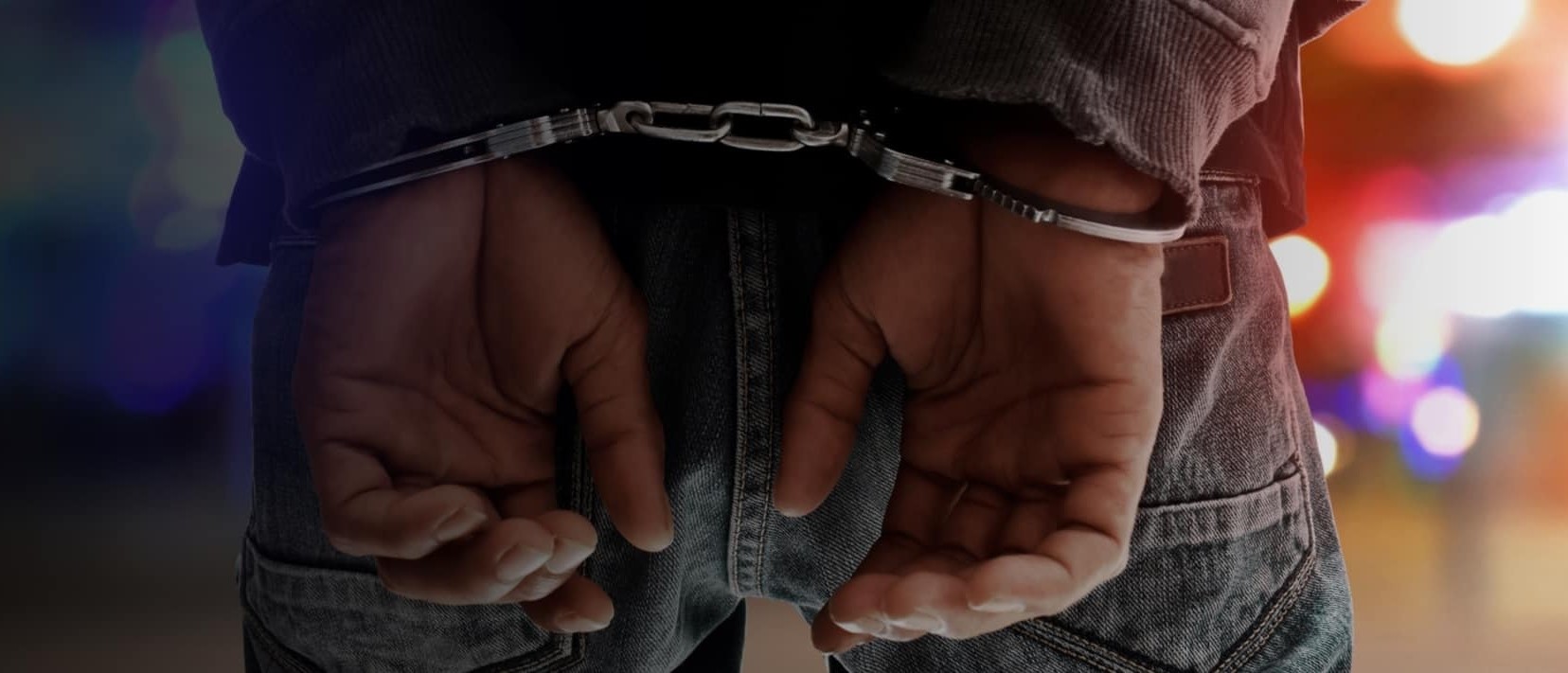His decades-long job of helping kids learn, grow, and develop seems to have now become redundant as schools have remained closed for one and a half years since March last year.
Finding no other means of livelihood, Azizul Haque, a popular schoolteacher in Mymensingh's Trishal, is now working as a cattleman at a farm – after permanently closing down his school last year amid the pandemic.
"As I had no savings, I had to sell my land to pay the teachers their salaries. I also borrowed money to operate my school, but eventually nothing could save my school," said Azizul, who founded the Al-Hera Academy in 2000.
The impact of such long-term shutdown of schools is the same elsewhere. In Satkhira, Hafizur Rahman, founder and former headmaster of Abdur Rahman Adarsha Academy at Tala, has now become a homoeopath to maintain his family.
"I had no other option. All the 10 teachers of the school have been forced to switch to other jobs," he said.
The continuous extension of school closure in the wake of the raging Covid-19 pandemic has forced at least 50% of private teachers across the country to change professions to survive after going without pay month after month, according to the Bangladesh Kindergarten School and College Oikya Parishad.
The government closed all educational institutions on 17 March last year as part of its measures to contain Covid-19.
TBS correspondents from 10 districts have found private teachers in dire straits as many schools have been forced to shut down for good.
The salaries of teachers of private primary and secondary schools range between Tk6,000 and Tk10,000, according to our correspondents.
These teachers, who subsisted only on teaching, soon started facing pay cuts, no pay and termination as school owners could not collect tuition fees.
To make ends meet, many of them did not even hesitate to switch jobs no matter how small it was – from day labourers to cattlemen, from farmworkers to easy-bike drivers, from shop workers to salesmen.
Those who have not yet switched professions and are still teaching for a living are now passing very miserable days.
Failing to pay teachers and staff members, and bear other operational costs, one-fourth of private educational institutes have also closed down in this precarious situation.
At least 10 lakh teachers and staffers employed in around 60,000 such institutions across the country have stories to tell about their financial hardships during the pandemic.
Meanwhile, most of the around 1 crore kids who are students at these private institutions remain largely detached from their teachers and learning.
A number of schools are arranging assignments for secondary students, but students are not collecting the assignment sheets as their guardians are reluctant to pay the tuition fees, said school authorities and several associations of private schools.
Teachers of the private sector have been seeking Tk1,000 crore in financial assistance from the government ever since the educational institutions were shut down, in a bid to survive amid the pandemic, but no action has been taken yet in this regard.
Teachers of government primary and secondary schools are, however, not in a bad shape as they are receiving regular monthly salaries even though schools are closed.
But around 2 crore students of these primary schools are far from any learning process – they are doing everything but not going to schools. Online classes for them also still remain out of the plan.
Experts fear many primary students may have already forgotten what they learnt in previous years in schools, let alone learning new things during the pandemic.
Recovery of their learning losses is appearing to be a bigger challenge.
To keep students involved in the learning process, the government instructed all schools to take classes online. But, except for a very few institutions – especially in the capital, the online class activities in most schools almost came to a halt within a short time.
Schools outside the Dhaka city faced the inevitable crisis of adequate technological support. Students do not have suitable smartphones to attend classes; the Internet speed in rural areas is also not fast and stable enough for such activity.
Many schools started online classes, but that stopped in most schools very shortly. Student presence is very poor in online classes of most schools; in many cases, teachers are also not very accustomed to this virtual method.
The government started the process of giving secondary students assignments for private kindergartens from 1 November last year in the absence of annual examinations.
But, most kindergarten and private school students and their guardians are not collecting assignment sheets – the guardians arguing that there is no need to study more during the closure of schools.
They believe that the government will promote them automatically.
Mizanur Rahman Sarker, secretary-general of the Bangladesh Kindergarten Association, told TBS that guardians did not respond to their calls for sending their children to collect assignment sheets, saying their children will go to schools after reopening.
They are apparently reluctant to pay the tuition fees, he said.
On 16 March last year, the government decided to shut down all educational institutes and coaching centres from 18 to 31 March for the sake of students' safety from Covid-19 infection. The closure was later extended several times.
The government also did not hold the Primary School Completion (PSC), Junior School Certificate (JSC), and their equivalent exams last year due to the pandemic.
The PSC and JSC examinees were promoted automatically, while Higher Secondary Certificate (HSC) students were assessed based on their JSC and SSC results. All students from the primary level to the secondary level were promoted automatically.
In the meantime, the government is mulling assessing the SSC and HSC students in 2021 through assignment evaluation instead of holding in-person examinations.
About 4.5 crore students from the pre-primary to higher education level are enrolled in nearly 2 lakh educational institutions across the country.
Future of investment looks gloomy
According to the Bangladesh Kindergarten School and College Oikya Parishad, private schools have had an investment of Tk6,000 crore so far, but the investment is now under threat.
Leaders of private school and college associations said most private schools are running in rented buildings and most school owners have already cancelled the rent deeds. They are not thinking about the schools.
As a result, the private education sector has been in jeopardy, which will have a negative impact on students in the future.
Iqbal Bahar Chowdhury, president of the Oikya Parishad, told TBS that at least 15,000 kindergartens have shut down since March 2020. Most students are not in touch with their teachers. Many boys are now involved in labour, while many girls have become victims of child marriage.
"We have nothing to do but closing schools as we have not got any support from the government," said Iqbal.
"The dropout rate might go high this time. Many students have even forgotten in which classes they read in," he added.
Dr Manzoor Ahmed, professor emeritus at Brac University, said the government must provide the private school sector with finance and other necessary assistance to save our future generation. Otherwise, it will not be possible to recover the learning losses.
"The government should form a committee and provide soft loans to private educational institutions. Otherwise, they will face problems, making students the ultimate victims," he said.
M Nazrul Islam Rony, president of the Bangladesh Shikkhok Samity, told TBS, "Teachers of private educational institutions are an important part of our education system, but they have been compelled to leave their profession and close down most institutions. It is unfortunate that these teachers have not received any financial assistance from the government yet."
When contacted, Syed Golam Faruk, director-general of the Directorate of Secondary and Higher Education, said the education ministry is busy devising a recovery plan, but it has no plan right now to help the teachers of privately-run institutions.
Alamgir Mohammad Monsur Alam, director general of Department of Primary Education, told TBS that they have no arrangement to help the teachers of kindergartens.
Impact on economy
The economy will never have full momentum for recovery from the pandemic shock keeping schools closed. The reason is clear. Industries and services linked to educational institutions have been bearing the brunt of the school closure, holding back the speed of recovery.
About adverse consequences of school closures Unesco says school closures carry high social and economic costs for people across communities. Their impact however is particularly severe for the most vulnerable and marginalised boys and girls and their families. The resulting disruptions exacerbate not only the already existing disparities within the education system but also in other aspects of their lives, it says.
The Organisation for Economic Cooperation and Development (OECD) in a report released last September said the world would see a 1.5% drop in economic output for the rest of this century for skill loss due to disruption in schooling stemming from the Covid-19 pandemic.
Bangladesh is not shielded from the colossal damage to future skills inflicted by the prolonged closure of educational institutions as today's kids are the potential workforce of tomorrow's economy.



